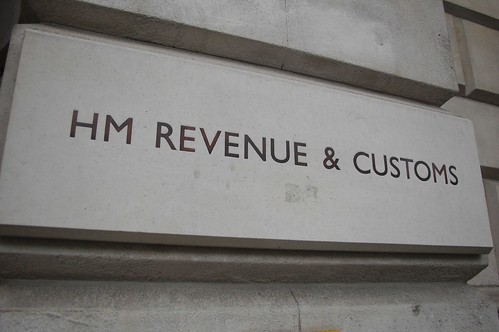Case Preview: Gray’s Timber Products v Revenue and Customs Commissioners
12 Saturday Dec 2009
Aidan O'Neil, Matrix/Ampersand News Articles, Case Previews
Share it
 The case of Gray’s Timber Products Ltd v Revenue and Customs Commissioners is an appeal by the tax-payer to the UK Supreme Court from a decision of an Extra Division (made up by Lord Osborne, Lord Kingarth and Lord Mackay of Drumadoon) of the Inner House of the Court of Session ([2009] CSIH 11), The Division by a majority, dismissed the tax-payer’s appeal against a decision of the Special Commissioner to uphold a decision of the Revenue and Customs Commissioners.
The case of Gray’s Timber Products Ltd v Revenue and Customs Commissioners is an appeal by the tax-payer to the UK Supreme Court from a decision of an Extra Division (made up by Lord Osborne, Lord Kingarth and Lord Mackay of Drumadoon) of the Inner House of the Court of Session ([2009] CSIH 11), The Division by a majority, dismissed the tax-payer’s appeal against a decision of the Special Commissioner to uphold a decision of the Revenue and Customs Commissioners.
Shares in the company had been disposed of by director and sold to third party as whole share capital of company. A subscription agreement provided for payment to director of higher proceeds of sale than other shareholders. The question before the court was whether the taxation of the proceeds of sale should be regarded as on income or insofar as a chargeable gain.
The company maintained that their shares had been sold for market value and that the whole consideration received by their managing director fell to be brought into computation of his capital gain on the disposal under the Taxation of Chargeable Gains Act 1992 but the Commissioners had determined that shares in the company had been sold to a third party by their managing director for more than their market value and that, therefore, the transaction occasioned a charge to income tax under Chapter 3D in Part 7 of the Income Tax (Earnings and Pensions Act 2003.
In refusing the taxpayer’s appeal (Lord Kingarth and Lord Mackay of Drumadoon forming the majority, Lord Osborne dissenting) the Inner House held that the Special Commissioner was entitled to reach the view that the price paid to the managing under the sale agreement represented a consideration greater than the market value of his shares. The payment of the sum to the managing director was held to be equivalent to a settlement of a debt that fell due by the company to the managing director in terms of the subscription agreement, rather than one arising out of rights that attached to and ran with his shares when he ceased to enjoy beneficial ownership of them. The issue for determination by the UK Supreme Court appears then to be whether the majority or the dissenter got things right before the Inner House.



1 comment